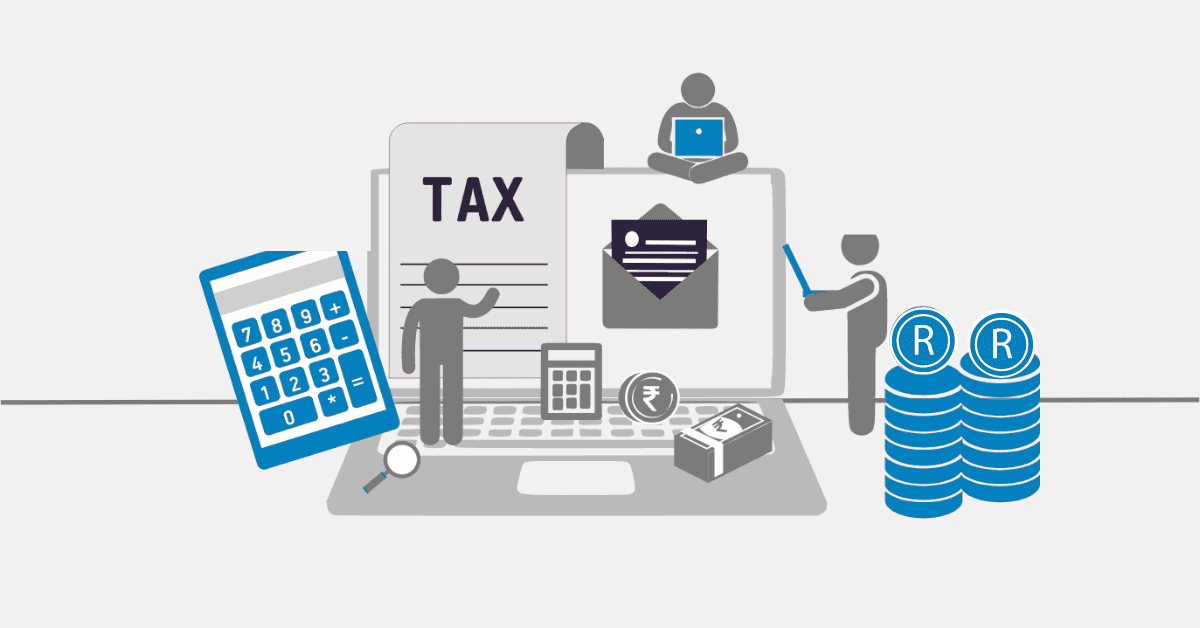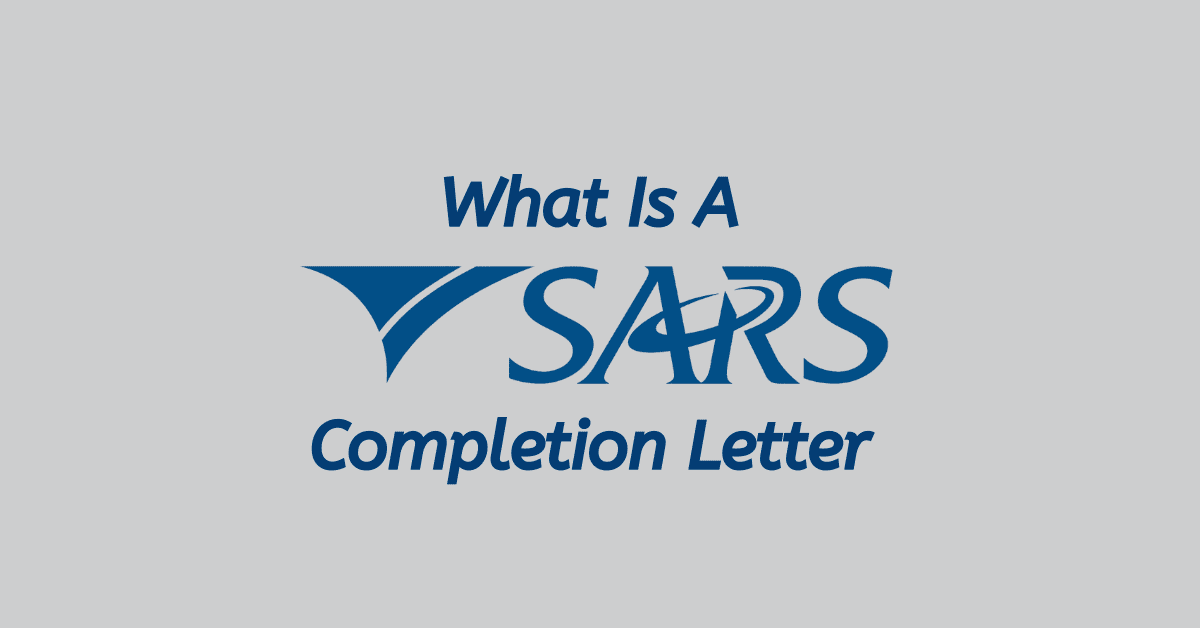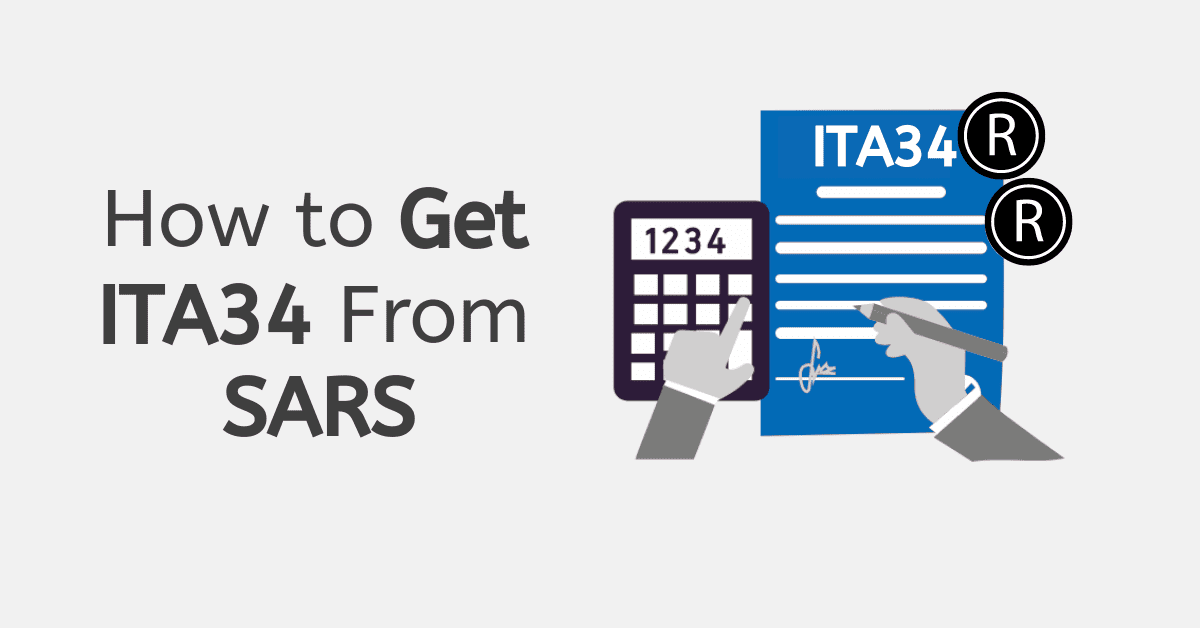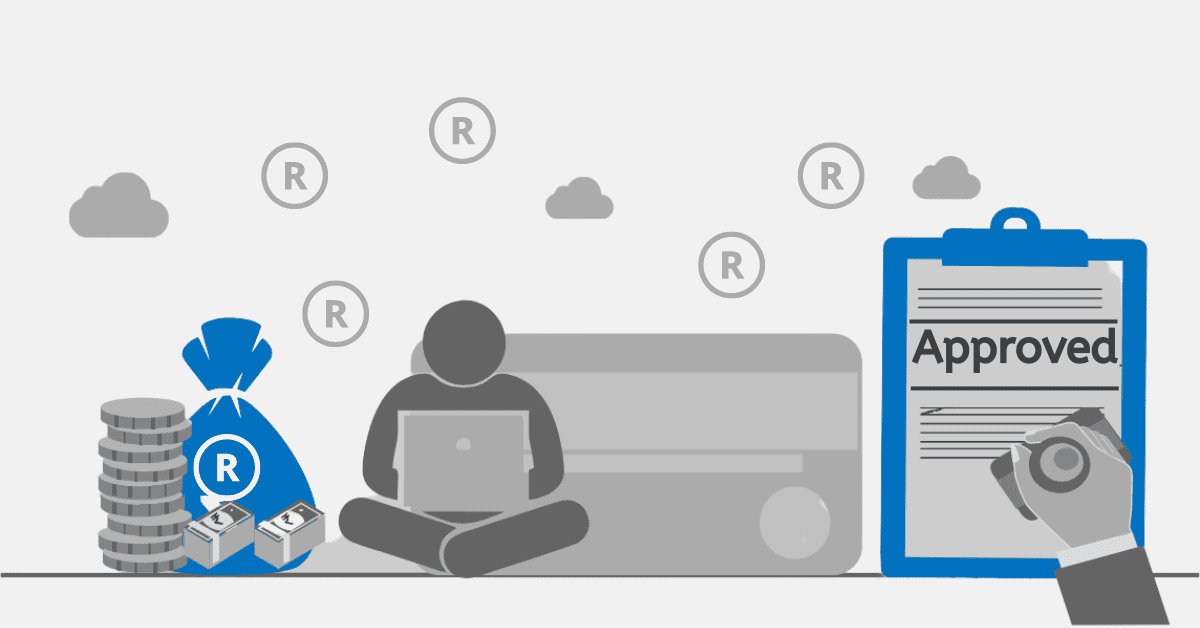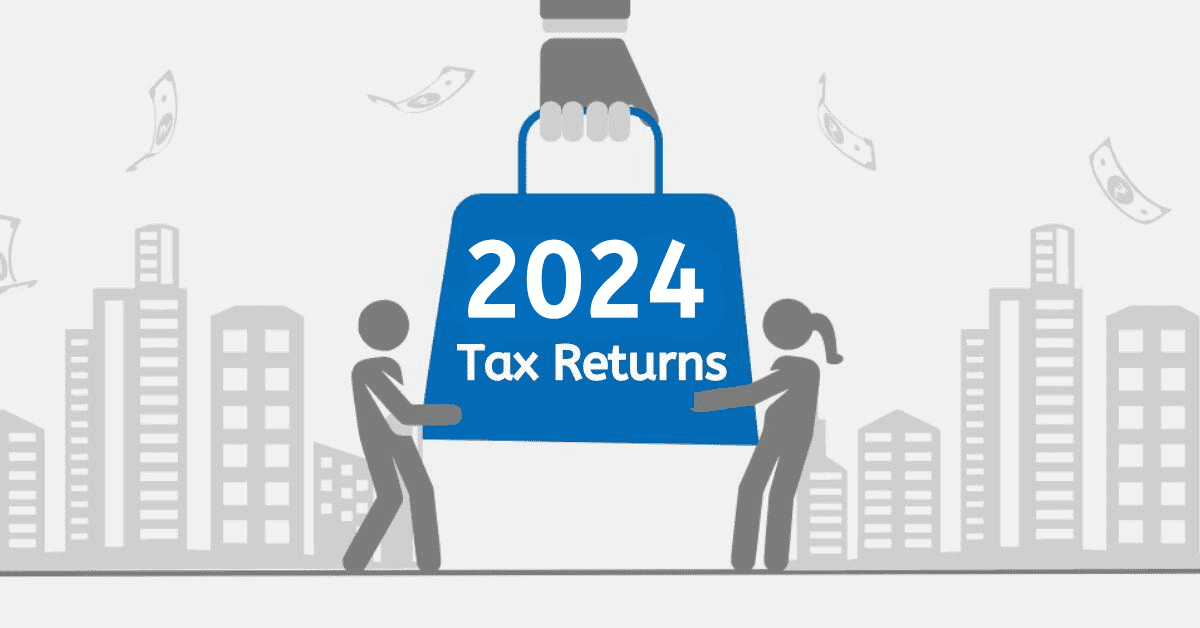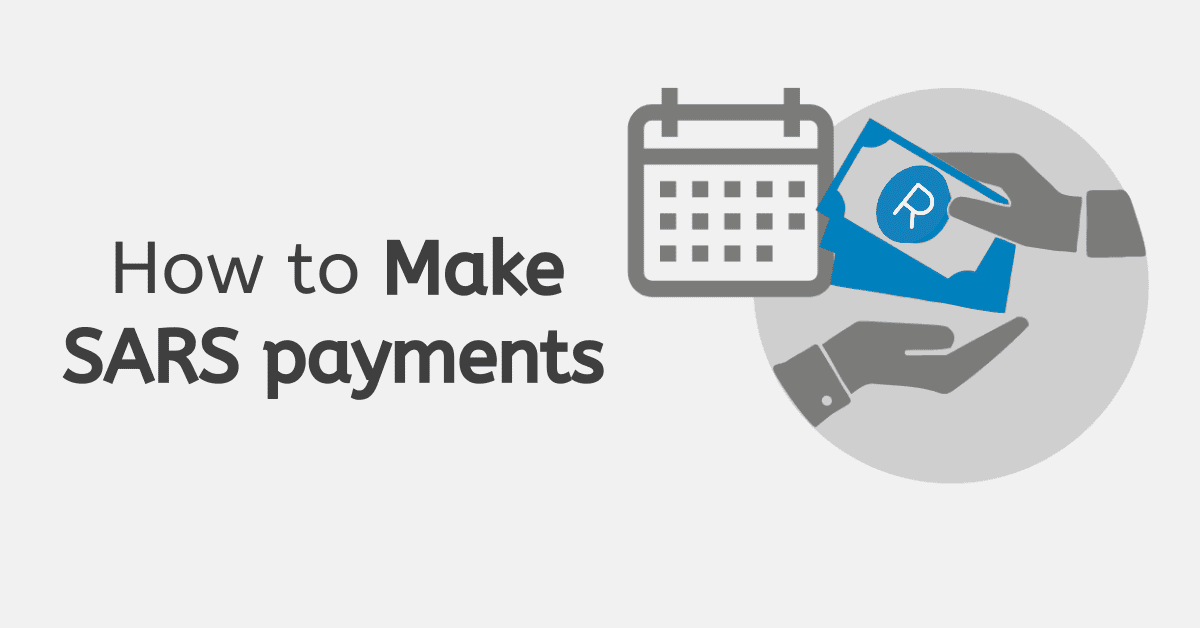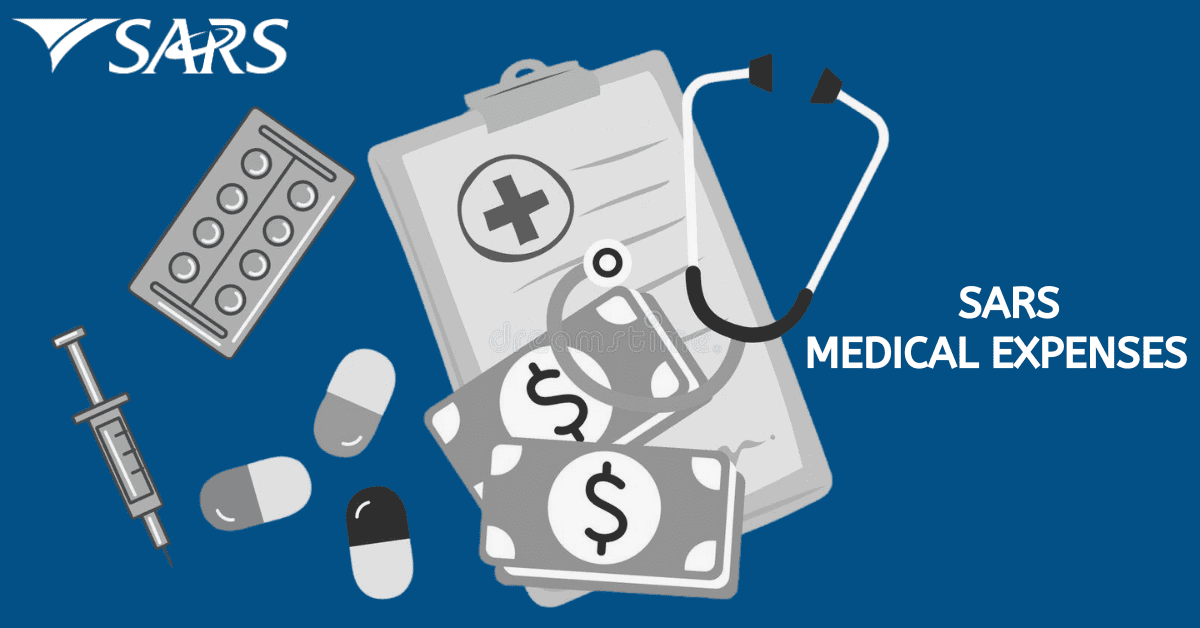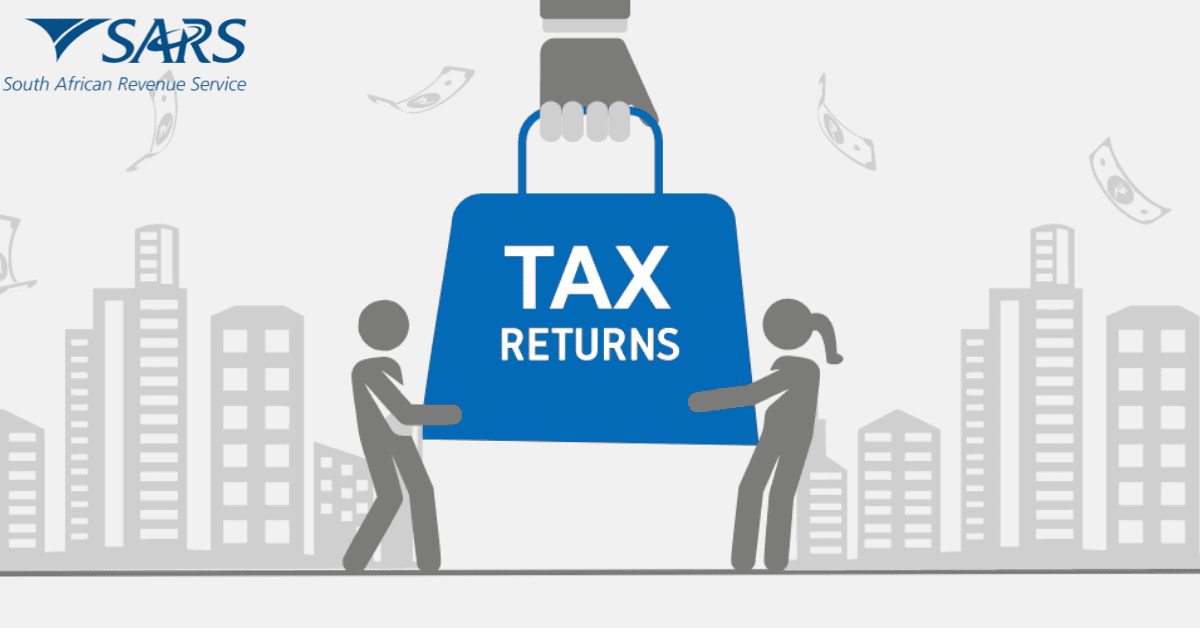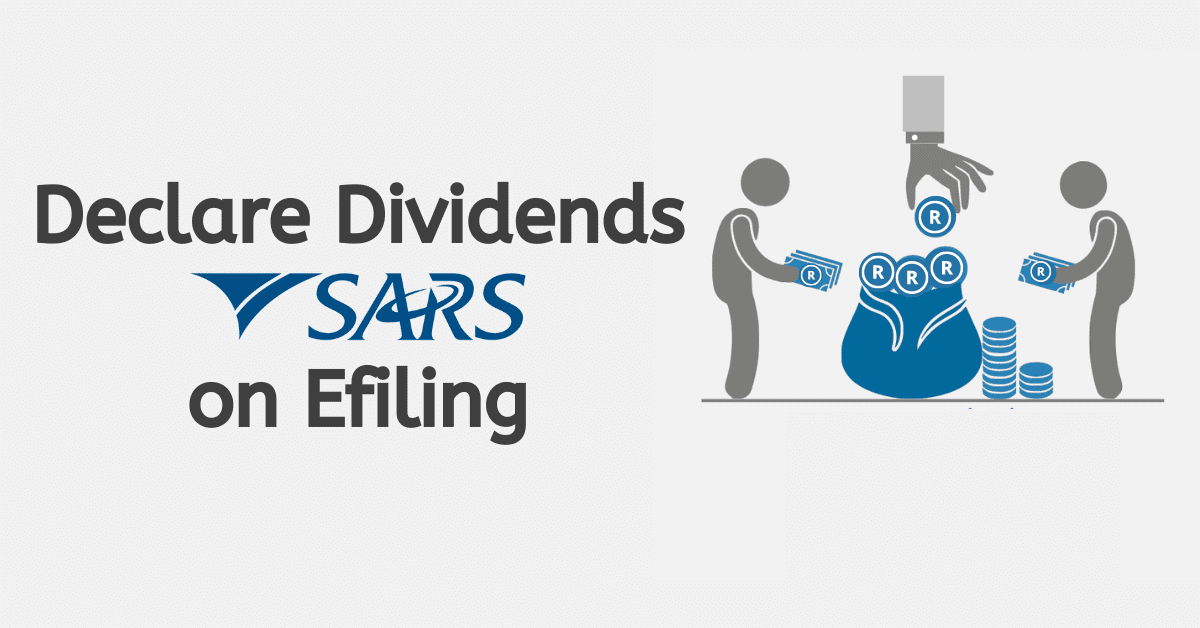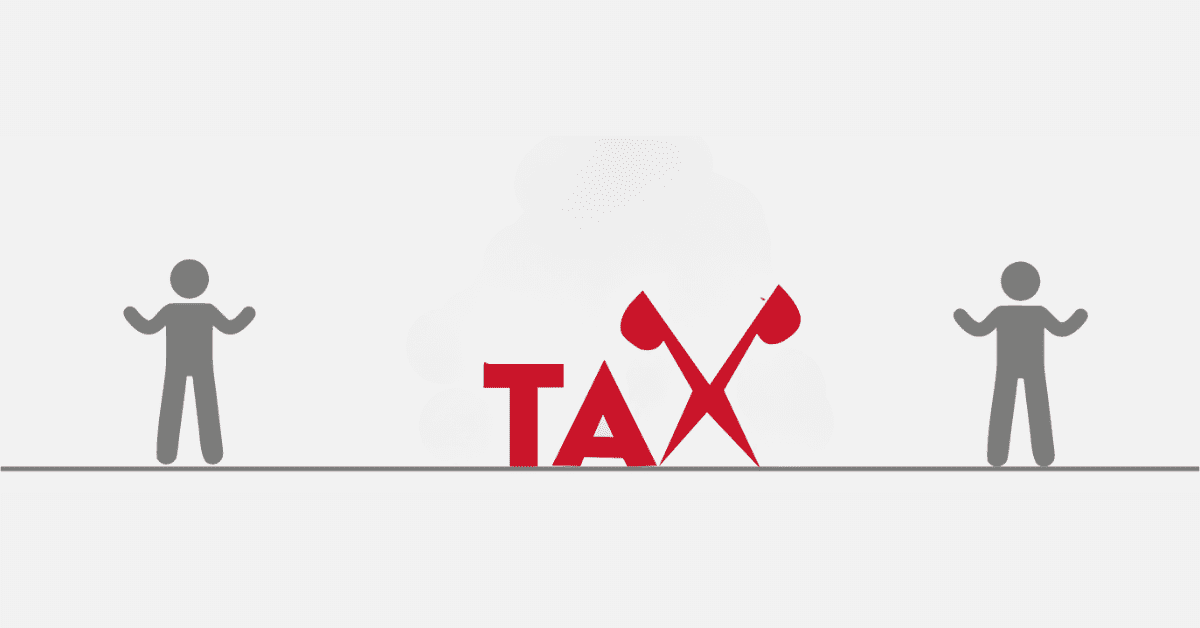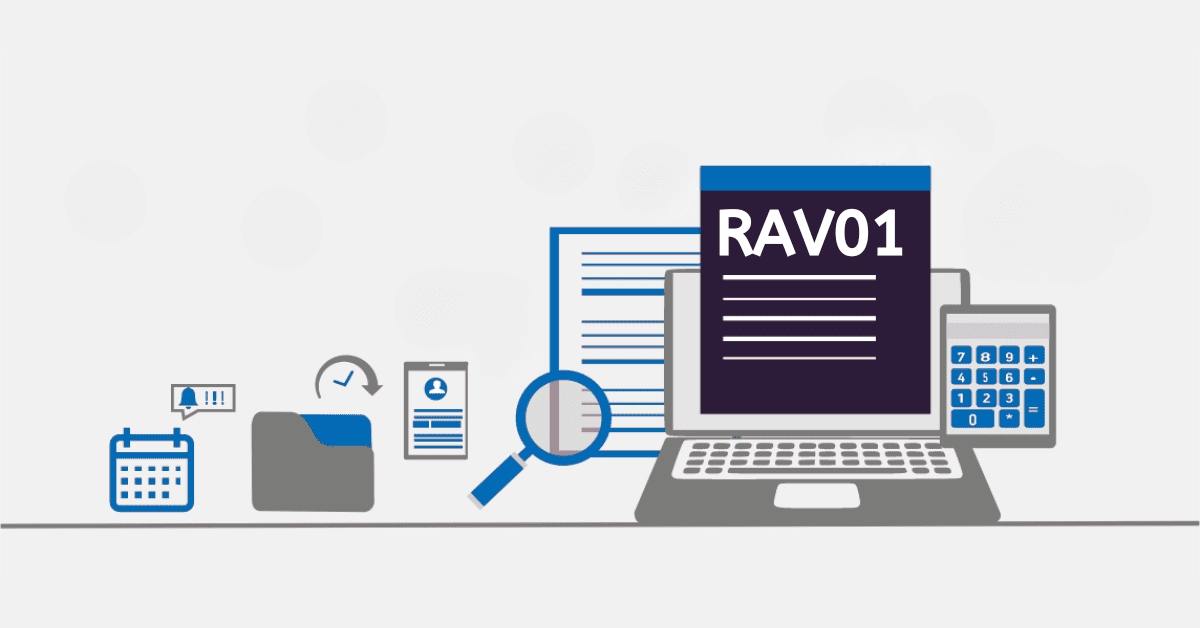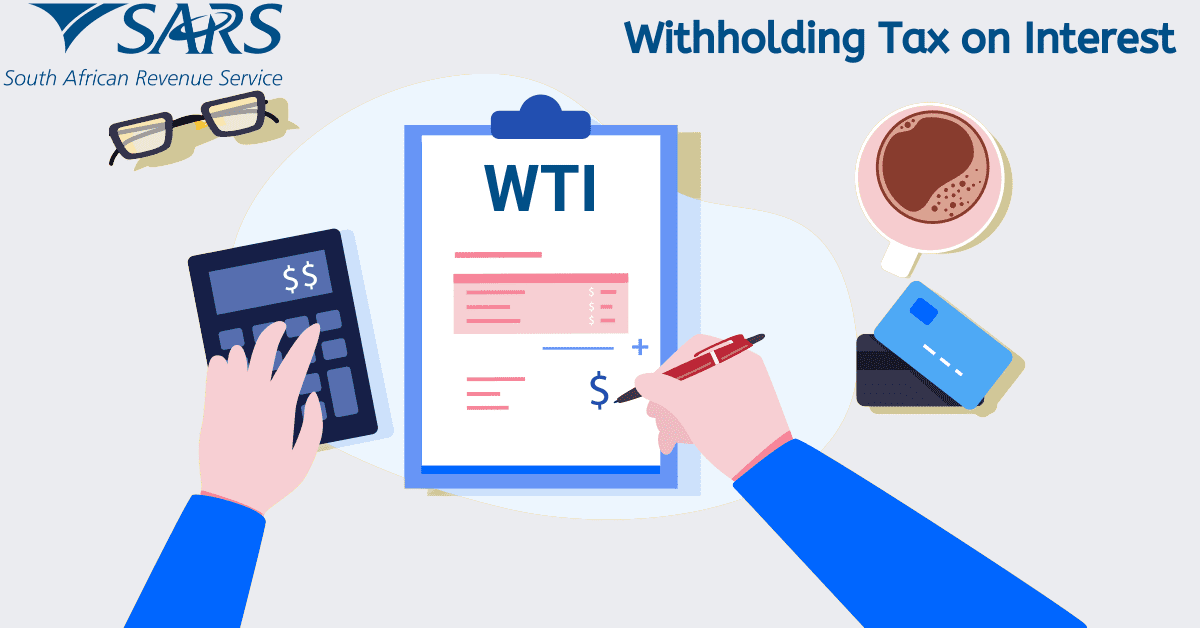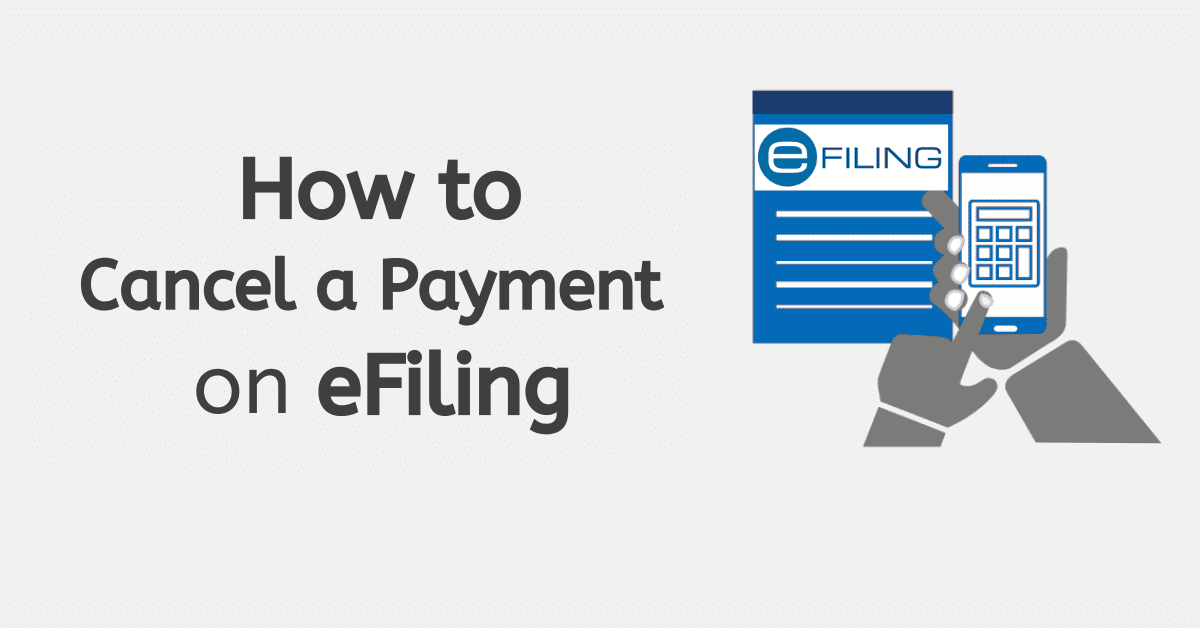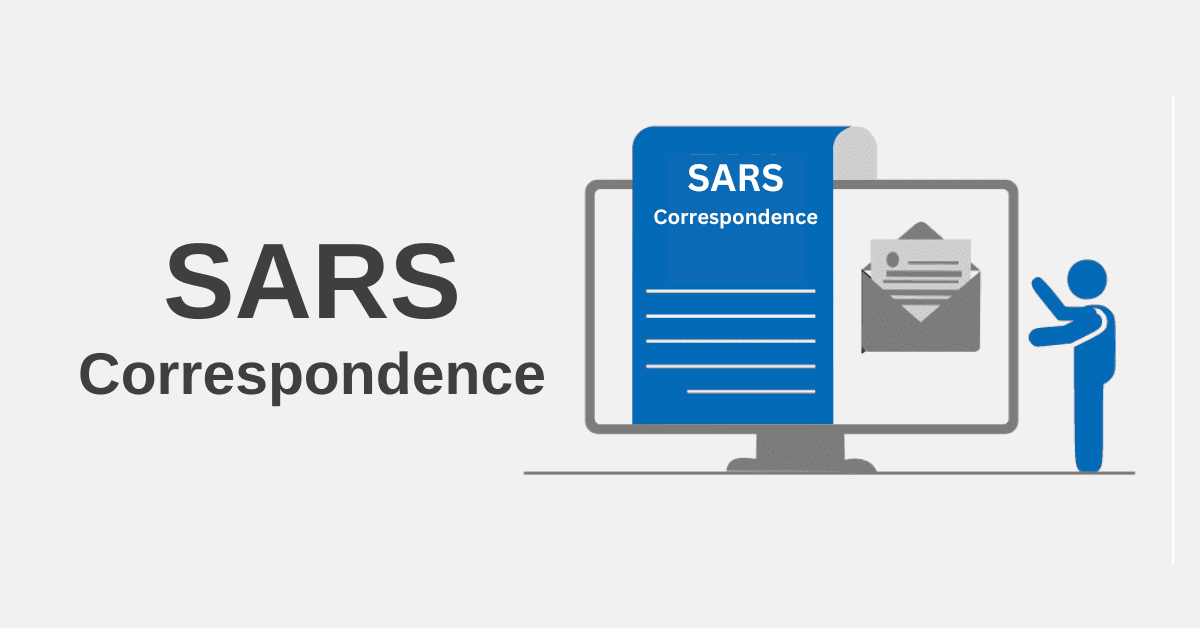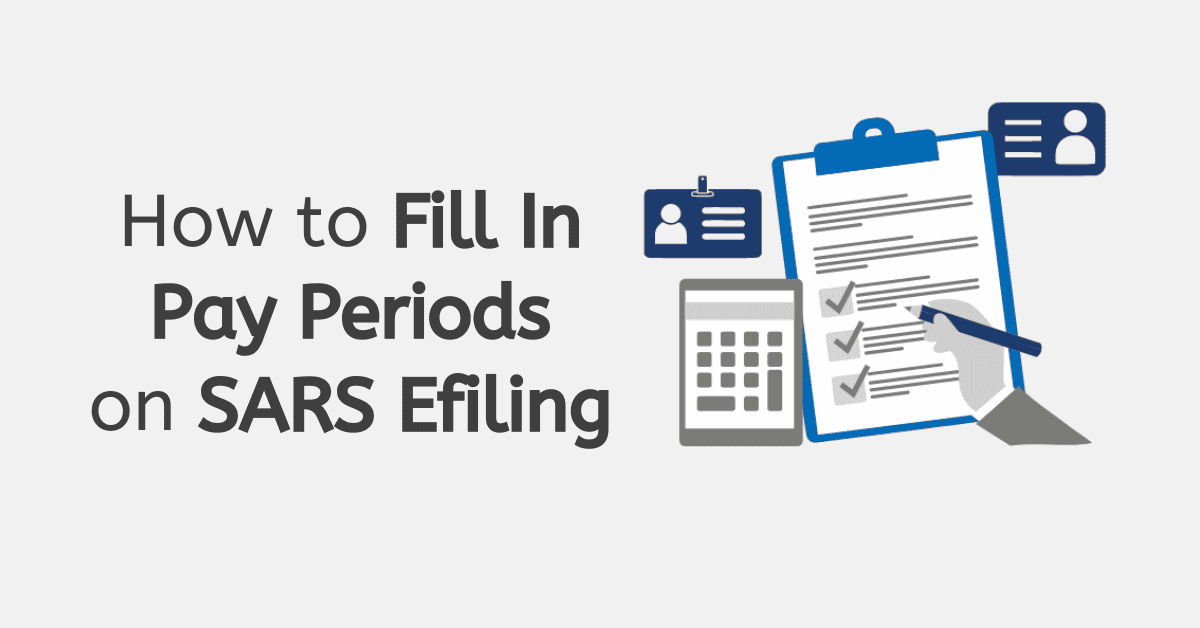When you are given a bonus at work, the last thing you want is to hand a significant chunk of your hard-earned reward over to the taxman! However, it is important to remember that a bonus isn’t ‘free money,’ it is a part of your overall income for the year- and that means there are tax considerations when you receive a bonus. Luckily, we are here with this helpful guide to taxation and bonuses in South Africa.
How Your Bonus Gets Taxed in South Africa
There is a common misconception in South Africa that bonuses are taxed at a higher rate than your standard income. This is not true. Your bonus amount is simply added to your overall taxable income for the year, and you will be taxed accordingly.
How Tax Is Calculated On Your Bonus
There are two ways that an employer may calculate how much tax to withhold on your bonus. Remember that the PAYE your employer withholds is only ever an ‘approximation’ of your tax due. You will use your income tax return to correctly calculate your annual taxable income, and claim back (as a refund) any overpayment from PAYE calculations. So even if the PAYE withheld on your bonus is higher than it should be, you will pay the same tax in the end, and receive all the money due to you.
Some employers annualize the income. Each month, they take what you receive, multiply it by 12, and remove the ‘annual taxable income’ accordingly. This is an inaccurate method, as you can already guess- in the month you get your bonus, you will pay your tax that month as if you earn that amount every month. It’s a bit lazy but is safe for the HR and payroll departments, so it is common.
To do it more accurately, you need the balance of remuneration method. You calculate the tax for the year without the bonus and the tax for the year with the bonus. You then withhold the difference in tax from the bonus. This is more complex to do, so few employers use it- but it would give a more accurate figure.
Remember, any overpayment in tax on your bonus can be claimed back when you file your tax return, so you won’t miss out altogether.
What Is The Percentage of Bonus To Be Paid?
The percentage of your bonus which will be paid as tax is highly personal. It depends on your annual taxable income, and how adding the bonus amount to it will impact your tax bracket and overall taxable income.
Why Is My Bonus Taxed So High in South Africa?
If you were under the impression that bonuses are taxed differently to your normal income in South Africa, you are wrong- but it is a very common misconception. Don’t feel too bad. Bonuses do not have their own special tax. Instead, they will be added to your overall taxable income for the year. For most people, this won’t have any further tax implications. However, if your bonus pushes you into a new tax bracket, you may see a small tax hit from it.
If your bonus is having PAYE-style tax withheld at a rate considerably higher than your usual tax rate, you may want to talk the matter over with your employer. It could be in response to a tax bracket change. If not, they could be mistakenly withholding tax inappropriately, probably using the annualization method we mentioned above. This is a matter you can address directly with them if you choose. Even if you have no luck there, rest assured- your bonus will ultimately only be taxed as part of your overall income for the year, so any excess paid can be recouped when you submit your tax return.
What Is The Tax Bracket in South Africa?
‘Tax bracket’ in South Africa simply refers to which ‘band’ of taxation your income falls into. Your overall (taxable) income determines how you are taxed, i.e. what percentage of tax you pay overall. It is important to realize that the tax bracket you fall into does not mean all your income is taxed at that rate. The tax bracket system is a little like a ladder- the first portion will attract no tax at all due to the rebate system, then you move into the first taxable bracket, and so on. The taxable rate gets higher with each bracket, but only the portion of income that falls into that bracket attracts the higher percentage. Confused? Let’s look more closely at the first two tax brackets from the 2026 year:
- R1 to R226,000: 18%
- R226,001 to R353,100: 26%
If, say, you earned R250,000 taxable income in 2026, you would pay 18% tax on R226,000 of it (or R40,680). You would then pay 26% on the remaining R24,000 (or R6,240) that falls in the next tax bracket. Your total tax would be R46,920. Compare this to the tax you would have paid if all your income was taxed at 26%- R65,000!
Let’s also not forget that there is a tax threshold every year. Although the first tax bracket says ‘R1-R226,000’, you don’t actually pay tax until the tax threshold, which was R87 300 that year. So your tax for 2026 would have looked like this:
- The first R87 300 had no tax due
- R 138,700 taxed at 18% (R226,000- R87,300) = R24,966 tax
- R24,000 taxed at 26% (R250,000- R226,000) = R6,240 tax
Your total tax bill would only have been R31,206. A chunk of money, yes, but considerably better than R65,000, right? This is why it is important to understand tax brackets and how they impact your overall income tax bill.
